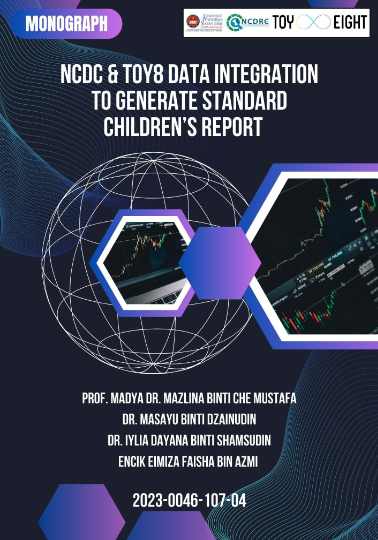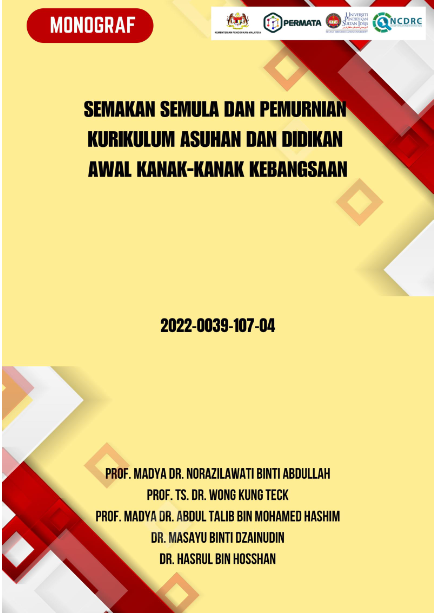NCDC & TOY8 Data Integration to Generate Standard Children’s Report

Research Monograph Download Full Report NCDC & TOY8 Data Integration to Generate Standard Children’s Report Project Leader Mazlina binti Che Mustafa Project Code 2023-0046-107-04 National Child Data Centre (NCDC) was developed and maintained by the National Child Development Research Centre…
Read more




